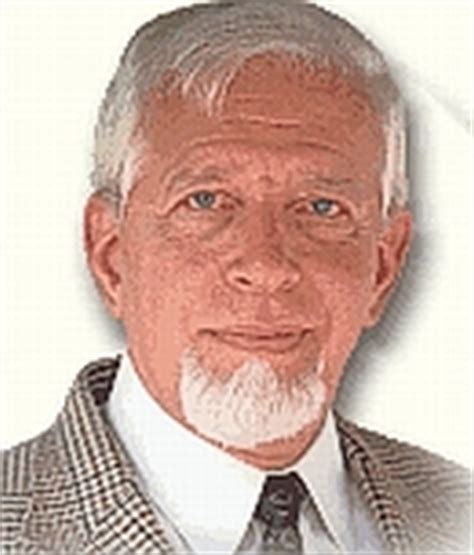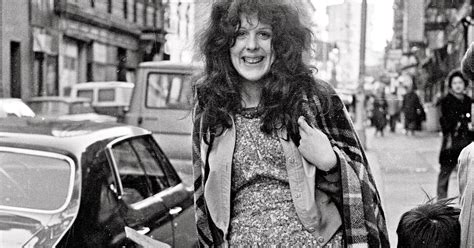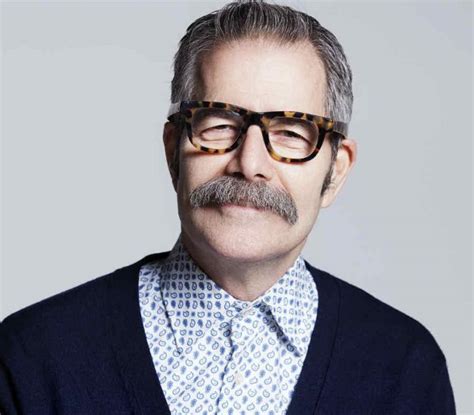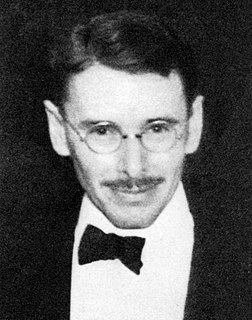A Quote by Steven Levenkron
Self-mutilation is a frightening barrier that keeps us from seeing a person who is lost, in pain, and in desperate need of help.
Related Quotes
The myth of the self-sufficient individual and of the self-sufficient, protected, and protective familytells us that those who need help are ultimately inadequate. And it tells us that for a family to need help--or at least to admit it publicly--is to confess failure. Similarly, to give help, however generously, is to acknowledge the inadequacy of the recipients and indirectly to condemn them, to stigmatize them, and even to weaken what impulse they have toward self-sufficiency.
In contrast, compassion manifests in us as the offering of kindness rather than withdrawal. Because compassion is a state of mind that is itself open, abundant and inclusive, it allows us to meet pain more directly. With direct seeing, we know that we are not alone in our suffering and that no one need feel alone when in pain. Seeing our oneness is the beginning of compassion, and it allows us to reach beyond aversion and separation.
Self-development is the only thing that keeps a person from burning out. We all have many needs - the need for certainty, the need for variety, the need for significance, and the need for connection. But, ultimately, we must grow, and we must contribute in a meaningful way in order to feel fulfilled.
A very real barrier to faith is this feeling of self-sufficiency, this unrealistic idea that one can accomplish everything by his or her own self. Some people have the conviction they must do it all alone. They have no faith in others. . . they are convinced that there is no one able to do the job as well as themselves. They refuse to admit that they may need the help of friends, doctor, minister, or even God.
When our individual interests and prospects do not seem worth living for, we are in desperate need for something apart from us to live for. All forms of dedication, devotion, loyalty and self-surrender are in essence a desperate clinging to something which might give worth and meaning to our futile, spoiled lives.
Compassion allows us to use our own pain and the pain of others as a vehicle for connection. This is a delicate and profound path. We may be adverse to seeing our own suffering because it tends to ignite a blaze of self-blame and regret. And we may be adverse to seeing suffering in others because we find it unbearable or distasteful, or we find it threatening to our own happiness. All of these possible reactions to the suffering in the word make us want to turn away from life.
Grief is real because loss is real. Each grief has its own imprint, as distinctive and as unique as the person we lost. The pain of loss is so intense, so heartbreaking, because in loving we deeply connect with another human being, and grief is the reflection of the connection that has been lost. We think we want to avoid the grief, but really it is the pain of the loss we want to avoid. Grief is the healing process that ultimately brings us comfort in our pain.
Although birds coexist with us on this eroded planet, they live independently of us with a self-sufficiency that is almost a rebuke. In the world of birds a symposium on the purpose of life would be inconceivable. They do not need it. We are not that self-reliant. We are the ones who have lost our way.





































